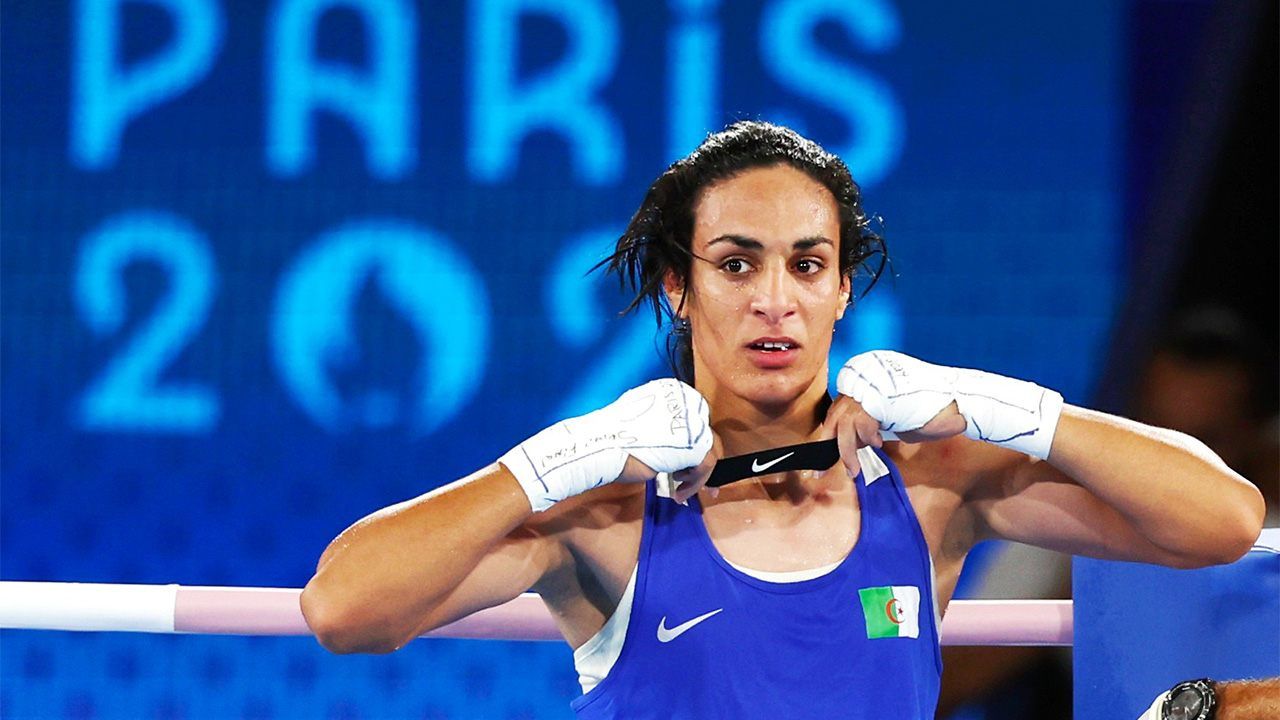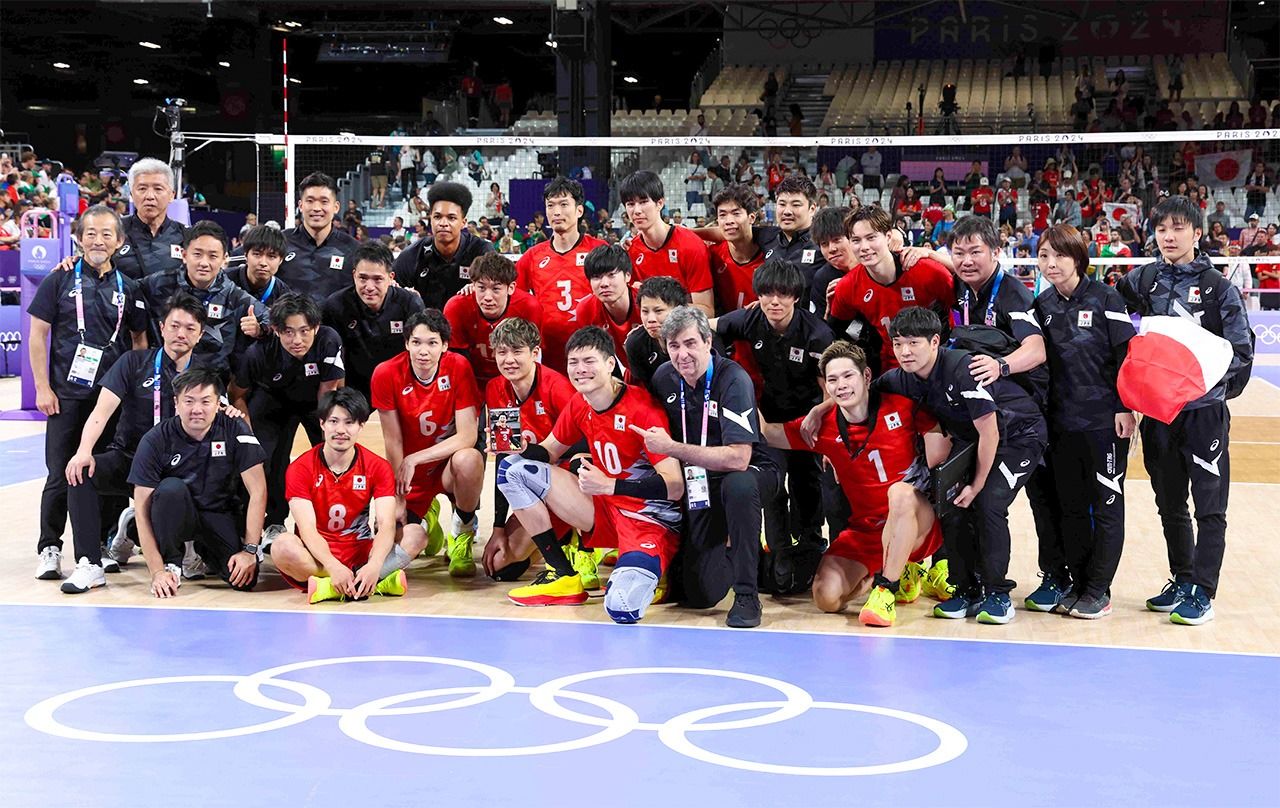
The Sporting World Moves to Address Online Athlete Abuse
Sports World Society- English
- 日本語
- 简体字
- 繁體字
- Français
- Español
- العربية
- Русский
A Deluge of Heartless Comments
Partway through the 2024 Olympic Games, Yanai Ayane, who represents Japan in the women’s race walk events, posted a poignant comment on social media. “I was hurt by the harsh comments I received from many people regarding my decision to withdraw from the 20-kilometer race. I get even more nervous and particularly sensitive prior to competition. We athletes are empowered by support, not criticism. Criticism just hurts athletes. I hope that such behavior decreases in future, even if just by a bit.”
Yanai was scheduled to compete in the women’s 20-kilometer race walk and the mixed marathon/race walk relay, but after arriving in Paris, she pulled out of the solo event to concentrate on the relay. On social media, people lashed out in response, posting a deluge of comments accusing her of “selfish” behavior.
Heartless comments continued, with many targeting 52-kilogram women’s jūdō athlete Abe Uta, who broke down in tears after she was eliminated in her second fight. Abuse was also directed at the men’s volleyball team, which held the match point in the final set of the quarterfinals but finally lost in full sets to Italy.

Japan’s men’s volleyball team and staff pose for a commemorative photo following the quarterfinal match. (© Jiji)
Criticism and Conjecture Spread Globally
Women’s boxing gold-medal winners Lin Yu-ting (Taiwan, 57 kilograms) and Imane Khelif (Algeria, 66 kilograms) were the subject of widespread slander over their gender identities.
Last year, the International Boxing Association banned the two women from the competing in the World Championships, claiming they had failed a gender eligibility test. It is worth noting that the IBA is no longer recognized by the International Olympic Committee or USA Boxing.
This year, at the Paris Olympics, the IOC allowed the two women to compete, declaring them eligible due to the genders listed on their passports, while also noting that they were both born and raised female.
The controversy erupted again when Khelif’s Italian opponent withdrew after sustaining a heavy punch 46 seconds into the match. The IBA has not released details of the test it used at the time of the World Championships, but on social media and in some press, it was speculated that the women were born with male chromosomes and suffered from disorders of sexual development.
The matter became politicized, with, for example, Italy’s staunchly conservative prime minister Giorgia Meloni commenting that athletes with male chromosomes should not take part in women’s sports.
After her gold medal win, Khelif stated: “I was born and raised and compete as a female. There is no room for any doubt. Opponents who don’t want to succeed and the attacks on me made this glory special.” Furthermore, she commented: “The online attacks were awful. I wish people would stop this abuse. I hope such things don’t happen again in future Olympic Games.”
Social Media and the Olympics
The history of the intersection between the Olympics and social media is still young. Initially, the IOC recommended the use of social media as a tool to bring fans closer to the athletes. During the 2012 Olympic Games in London, the IOC actively encouraged athletes to post online, and in the media, the event was nicknamed “the social media Olympics.”
The IOC launched a special website called the Olympic Athletes’ Hub, where it compiled social media of past and present Olympic athletes, to make it easier for fans to access their heroes.
The Tokyo Olympics, which took place in 2021 after being postponed one year due to the COVID-19 pandemic, were staged mostly without spectators. Images shared by athletes of the athletes’ village gave the world an insider’s view not usually seen in regular media.
But problems started emerging with online abuse of athletes, and given the amount of global attention that the Games attract, the abuse began to impact athletes’ mental health.
FIFA and the IOC Take Action
In the end, it was the Fédération Internationale de Football Association (International Federation of Association Football, or FIFA) that acted in response, ahead of the IOC. In the lead up to the FIFA World Cup Qatar 2022, FIFA and the global players’ association, FIFPRO jointly developed a Social Media Protection Service. The tool automatically detects and hides social media posts suspected of being abusive toward players. The tool has been provided to a total of 211 associations worldwide.
Feelings of patriotism toward national soccer teams are strong everywhere—indeed, sometimes it is referred to as “soccer nationalism.” The downside is the resultant criticism directed against players who miss shots and the managers of losing teams. The SMPS was developed to counteract this.
According to FIFA, approximately 2.6 million posts were hidden during the Qatar event. In some cases, accounts that were reported were temporarily suspended by the host platforms.
The IOC began similar efforts for the Paris Olympics, working with social media platforms on an artificial intelligence system to analyze posts in real time to detect and delete content believed to violate guidelines or the law.
At a press conference prior to the games, IOC President Thomas Bach said that his organization expected around 500 million posts during the competitions. He explained that the AI system would monitor a wide range of posts directed at the 15,000 athletes and officials, and that the tool would automatically delete malicious posts.
After the Games, the IOC announced that over 8,500 abusive posts had been detected during the event. This figure was lower than that reported by FIFA, though, and athletes were complaining about the situation constantly. Hopefully the IOC will improve the accuracy of its system for future games.
Japan’s Information Distribution Platform Act
With the high volume of abusive posts against athletes, the Japanese Olympic Committee released an unprecedented statement during the Paris Olympics.
“No matter how much athletes prepare, many unexpected things happen during competition. Amid this, athletes take these factors on board to give their best performance. We ask that all supporters think about the journeys taken by athletes to reach this point, and bear that in mind now by giving their support.”
The tone of the statement was moderate; however, it ended with a stern warning. “We will not tolerate extreme behavior, such as insults or threats, and may consider reporting it to the police or taking legal action.” Going forward, such legal action may be necessary.
In May 2024, Japan’s Diet passed a partial amendment of the Provider Liability Limitation Act. The new law is known as the Information Distribution Platform Act. The law requires large-scale platform operators to speed up their response and make their operational status transparent when they receive requests to delete abusive posts. Violation of the law may lead the Ministry of Internal Affairs and Communications to issue a corrective order or a directive, and failure to comply can result in fines of over ¥100 million.
Of course, regulating posts on social media leads to problems concerning freedom of speech. But posts that damage another person’s character must not be tolerated. They should be dealt with harshly, and treated as hate speech.
For such a law to operate properly, it requires a cooperative relationship between the sporting world and businesses taking responsibility to protect athletes. The establishment of a contact point and measures addressing mental health are also essential. Going forward, we must continue to prioritize tackling the issue of abuse on social media.
(Originally published in Japanese. Banner photo: Algeria’s Imane Khelif following her gold-medal win in the women’s 66-kilogram boxing event. © Jiji.)
